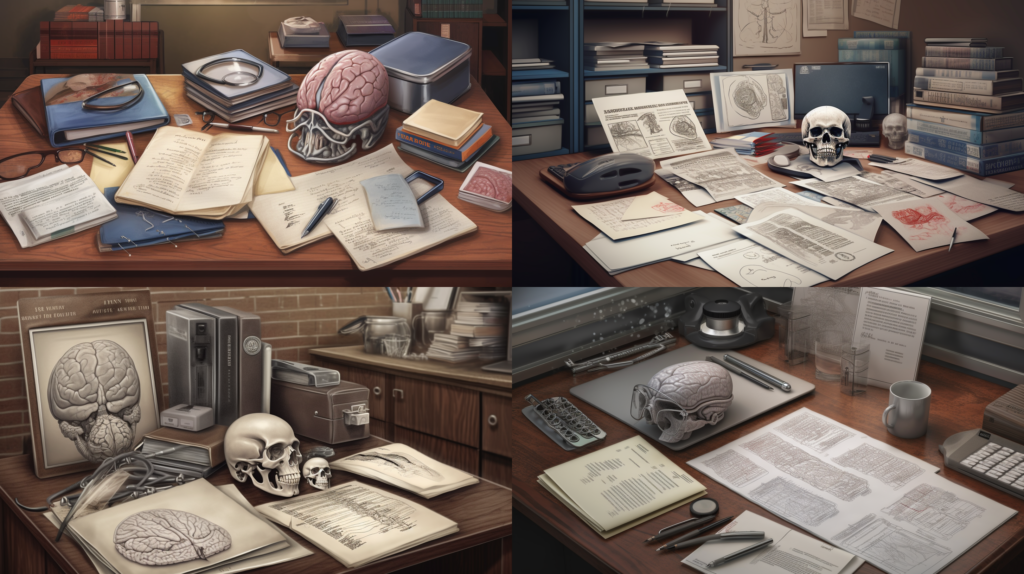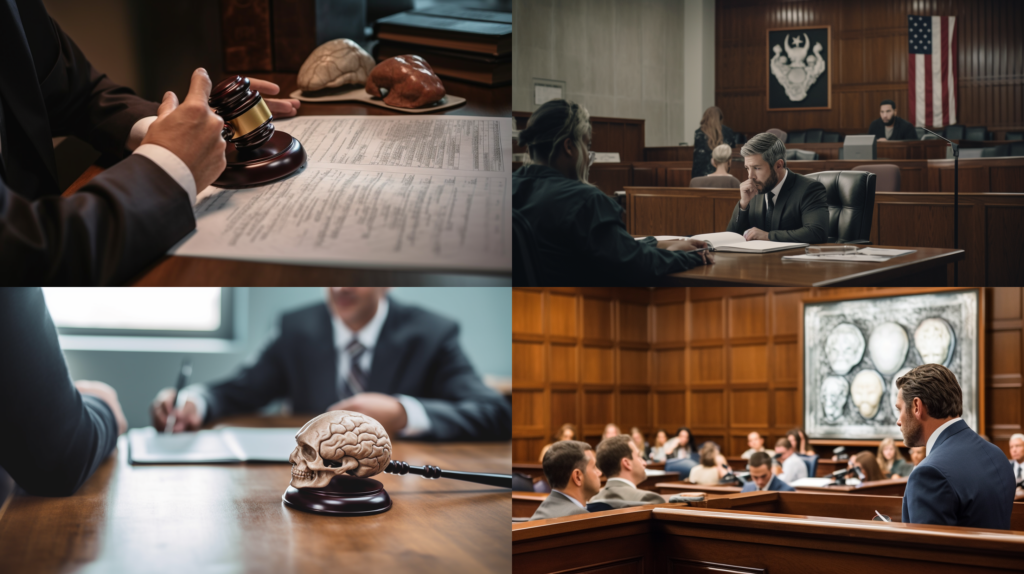
Introduction:
When addressing the monumental domain of Brain Injuries in Texas, we delineate the integral role of legal support in facilitating rightful compensation. We navigate the intricacies of Texas law, spotlighting the invaluable resources available and emphasizing the essential steps involved in securing comprehensive legal redress.
Section I: Understanding Brain Injuries
Brain injuries symbolize a broad spectrum of traumatic and non-traumatic injuries, encompassing concussions, contusions, and penetrating injuries. The repercussions of such injuries are profound, affecting victims’ cognitive, physical, and emotional faculties, thus necessitating a nuanced approach to legal recourse and compensation.
Section II: Legal Framework in Texas
In Texas, the legal edifice addressing brain injuries is intricate yet robust, designed to accommodate the multifaceted nature of such injuries. Statutory provisions and judicial precedents delineate the avenues available to victims, ensuring that their rights to restitution are comprehensively protected.

Section III: The Role of Legal Representation: Brain Injury Legal Compensation
Procuring proficient legal representation is paramount in navigating the Texas legal landscape effectively. Skilled attorneys are pivotal in interpreting applicable laws, formulating compelling legal strategies, and advocating fervently for their clients’ rights. They meticulously examine the circumstances surrounding the injury, establishing liability and quantifying damages with utmost precision.
Section IV: Compensation Structures in Texas: Brain Injury Legal Compensation
Texas law prescribes diverse compensation structures, addressing both economic and non-economic damages. Economic damages encompass medical expenses, loss of earnings, and rehabilitation costs, while non-economic damages cater to pain and suffering, emotional distress, and loss of enjoyment of life. The articulation of these damages is crucial in securing equitable compensation, reflecting the comprehensive impact of the injury.
Section V: Legal Procedures and Timelines
Navigating legal procedures and adhering to stipulated timelines is integral in pursuing brain injury claims in Texas. The initiation of legal proceedings, meticulous preparation of evidentiary materials, and adept negotiation with insurance companies are key components of this process. Adherence to statutory timelines is imperative to avoid forfeiture of rights, ensuring that legal redress is pursued within the prescribed limitations period.

Section VI: Settlement Negotiations and Litigation
Engaging in fruitful settlement negotiations is a central aspect of brain injury claims. It entails a thorough evaluation of damages, strategic formulation of settlement proposals, and effective negotiation tactics. When settlements prove elusive, litigation becomes the recourse, necessitating the presentation of persuasive arguments and substantiated evidence before the courts.
Section VII: Importance of Medical Documentation
Comprehensive medical documentation is indispensable in substantiating brain injury claims. It entails meticulous collation of medical records, diagnostic tests, and expert opinions, serving as irrefutable evidence of the injury’s extent and implications. The credibility and thoroughness of medical documentation significantly influence the adjudication of claims, emphasizing its paramount importance.
Section VIII: The Verdict and Compensation Award
The culmination of legal proceedings results in the verdict, a judicial determination of liability and compensation. The award rendered reflects the holistic assessment of damages, encompassing both tangible and intangible losses. It symbolizes the legal system’s acknowledgment of the victim’s suffering and the corresponding obligation to redress.

Section IX: Post-Judgment Proceedings and Enforcement
Post-judgment proceedings focus on the realization of the compensation award, involving the enforcement of judgment against the liable parties. It necessitates strategic enforcement measures, ensuring that the award is fully satisfied and the victim’s right to compensation is effectuated.
Section X: Continuous Legal Support and Counseling
Continuous legal support and counseling are pivotal in the post-award phase, facilitating the victims’ rehabilitation and readjustment. It underscores the sustained commitment to the well-being of brain injury victims, ensuring that their transition to normalcy is seamless and supported.
Conclusion:
In the domain of Brain Injuries in Texas, the convergence of legal acumen and compassionate support is essential in securing rightful compensation.
The intricate legal structures, coupled with the unwavering dedication of legal professionals, ensure that the rights of brain injury victims are robustly protected and redressed. Justice pursuit is not just legal but moral, reflecting our commitment to human dignity and wellbeing..

